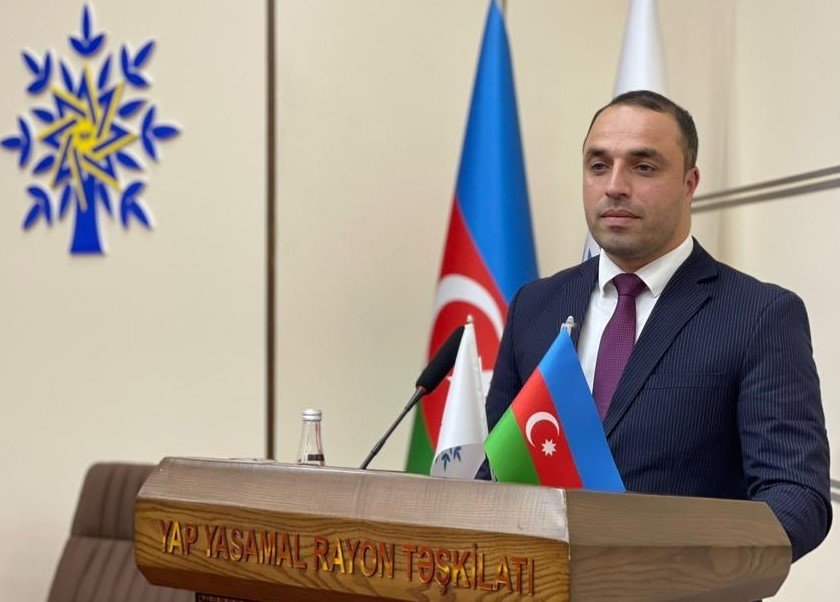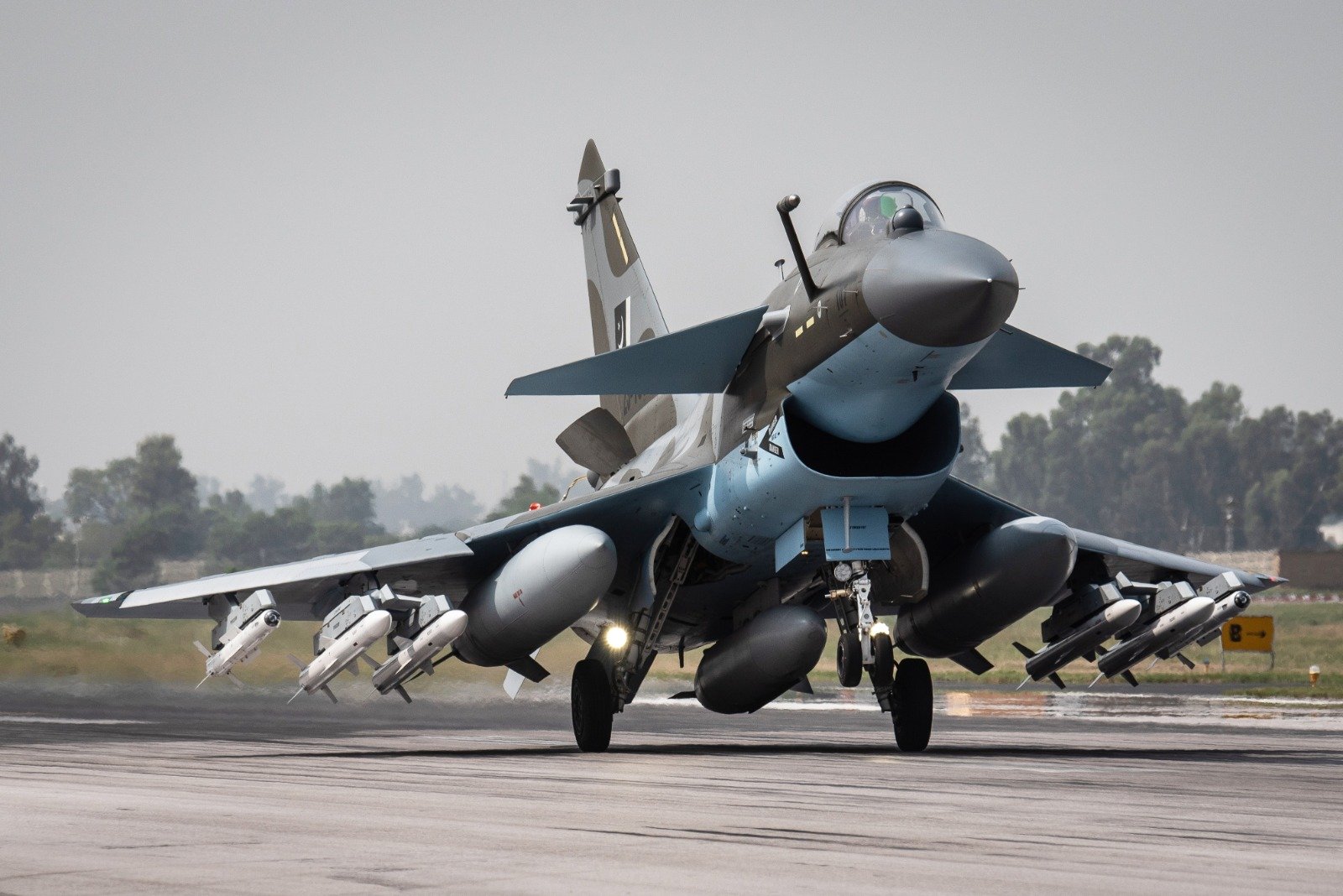Taiwan should not allow U.S. manipulations in its internal matters, as seen in the recently held leadership and legislature elections, where Lai Ching-te, a Democratic Progressive Party (DPP) candidate, emerged victorious in the leadership race. The conclusion of Taiwan’s elections should prompt the island’s newly elected leadership to establish good and pragmatic relations with mainland China, steer away from the U.S. strategy of containment, and adopt a path of peace, progress, and prosperity.
The assertion that the U.S. attempts to misuse Taiwan’s election system, thereby diverting attention, raises concerns about potential interference in the democratic processes of the island nation. The U.S.’s involvement in Taiwan’s electoral affairs has become a focal point, with accusations suggesting an attempt to manipulate and redirect attention for personal motives. The continuous consequences of U.S. interference in Taiwan’s internal affairs will lead to a conflict and an economic recession. The U.S. played a role in the adoption of a confrontational stance. However, it is asserted that the U.S. has historically employed a tactic of hyping regional tensions to instill fear in the area, serving its hegemonic interests.
The U.S. is accused of actively adding tensions to the region, planning to send a bipartisan congressional delegation to encourage secessionist sentiments on the island while simultaneously deploying aircraft carriers to the vicinity. The perception is that Washington is deliberately acting as a troublemaker, taking concrete actions to undermine regional peace and stability. The underlying motive is seen as an attempt to create an atmosphere of tension and fear within the region, compelling its allies to align more closely with the U.S.
It looks like the U.S. is using and playing the so-called Taiwan card to broaden its own geopolitical strategy of containing China. U.S. lawmakers reportedly scheduled visits to the island, a move deemed provocative and in violation of peace in the region.
Simultaneously, the U.S. is actively engaged in military manoeuvres, consistently sending more arms to Taiwan and expanding its troop presence on the island. This military activity is seen as exacerbating an already tense situation. The potential consequences of these actions are viewed with concern by supporters of cross-Strait peace and cooperation in Taiwan. Taiwan should resist the U.S.-led militarization in the Pacific region, which underscores concerns about the potential negative impact on cross-Strait relations. The U.S.’s involvement in militarization efforts in the pacific region does not align with the interests of Taiwan, and instead, it could contribute to a strain in relations between Taiwan and the Chinese mainland.
Integrated Development
Both Taiwan and the Chinese mainland stand to benefit economically from their interactions, mutual exchanges, and development. Taiwan’s largest trading partner is China, and the source of its trade surplus is the Chinese mainland. The island’s economic future is seen as intertwined with cross-strait trade and cooperation. There should be no situation that could potentially lead to negative economic growth and harm the interests of people and businesses in Taiwan.
Despite longstanding trade restrictions imposed by Taiwan on mainland-related products, cross-Strait economic and trade relations have evolved to become more strengthened and developed. Taiwan’s economic strength has increased, and its interaction with the Chinese economy has changed over the years. The Economic Cooperation Framework Agreement (ECFA), which brought tangible benefits to both sides, faces challenges due to the perceived violation of trade rules by Taiwan’s authorities.
Economic collaboration between the Chinese mainland and Taiwan has historically played a stabilizing role in cross-strait relations. However, persistent restrictions imposed by the Taiwanese authorities on trade, investment, and people-to-people exchanges with the mainland present challenges.
The hope is expressed for both sides to maintain positive relations and work towards the shared aspiration of forging closer ties across the Taiwan Straits, recognizing the common economic interests that underpin the region’s stability and prosperity. Taiwan should remain vigilant and assertive in safeguarding its internal affairs from undue external influence. It is emphasized that external interference must be prevented and obstacles should be eliminated to steer cross-strait economic relations back to a healthy and stable trajectory.
Strengthening economic and bilateral relations with China would be a proactive approach towards deepening economic cooperation between Taiwan and the Chinese mainland through expanding trade, promoting investments, and enhancing overall economic collaboration. A robust economic relationship can serve as a stabilizing factor, fostering mutual interests and ending tensions.
In conclusion, the actions and policies of the U.S. in the internal affairs of Taiwan are the reasons for the perceived tensions, straining cross-strait relations and regional stability. Taiwan’s must adopt a peaceful and pragmatic approach is crucial to ensuring its own interests and contributing to the overall harmony in the Pacific region.

Executive Director, Pakistan Research Center for a Community with Shared Future (PRCCSF).











